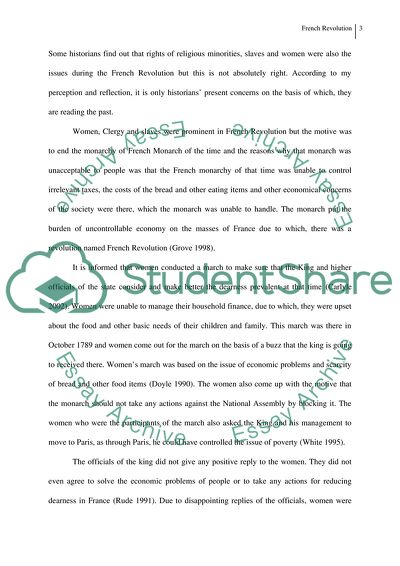Cite this document
(The French Revolution Assignment Example | Topics and Well Written Essays - 1500 words - 1, n.d.)
The French Revolution Assignment Example | Topics and Well Written Essays - 1500 words - 1. https://studentshare.org/history/1717784-the-french-revolution
The French Revolution Assignment Example | Topics and Well Written Essays - 1500 words - 1. https://studentshare.org/history/1717784-the-french-revolution
(The French Revolution Assignment Example | Topics and Well Written Essays - 1500 Words - 1)
The French Revolution Assignment Example | Topics and Well Written Essays - 1500 Words - 1. https://studentshare.org/history/1717784-the-french-revolution.
The French Revolution Assignment Example | Topics and Well Written Essays - 1500 Words - 1. https://studentshare.org/history/1717784-the-french-revolution.
“The French Revolution Assignment Example | Topics and Well Written Essays - 1500 Words - 1”. https://studentshare.org/history/1717784-the-french-revolution.


